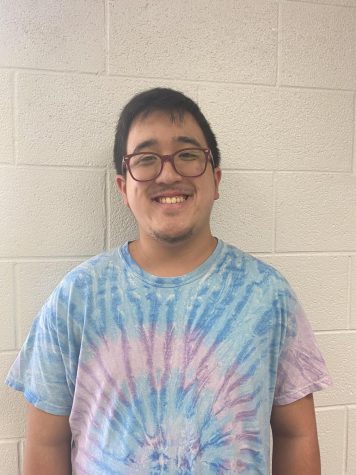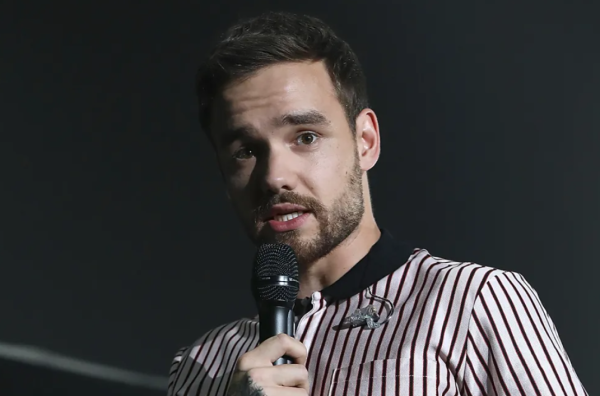A.I: ITS EFFECTS ON ART AND JOBS

According to the article 10 Jobs, AI Might Soon Replace (And Those That It Won’t), from sensoriumxr.com, these jobs are likely to be replaced by AI in the near future: customer service representatives, receptionists, accountants, bookkeepers, salespeople, taxi and truck drivers, those in retail services, proofreaders and translators, security and military personnel, surgical assistants, and courier services. At some point in the future, all the jobs listed above will likely be completely automated, resulting in many people who currently fill these roles, being out of the job. And that is not even close to the insane number of jobs that are likely to be lost to AI.
In the article on zdnet.com, written by Jada Jones, Jones reviews research from Goldman Sachs, which predicts that AI could automate 25% of the entire labor market, but can automate 46% of tasks in administrative jobs, 44% of legal jobs, and 37% of architecture and engineering professions. Another article from CNN, written by Michelle Toh, also refers to data from Goldman Sachs, mentioning how AI could potentially affect 300 million jobs.
Depending on who you ask, this data is either good or bad. On one hand, AI can be used for dangerous tasks that need absolute precision to be done correctly. Without the risk of human error, certain jobs can be done more efficiently, with AI automation being able to make these jobs quick and accurate. More automation means more products could be mass-produced at a faster rate.
On the other hand, more AI automation means more people are likely to lose their jobs. As evidenced by the data above, AI is likely to replace the need for human workers in many professions, leading to many layoffs in the workforce. Many people won’t know what to do after that happens, which will likely lead to a rise in unemployment. While yes, it is possible to have people from the now AI-run jobs get specialized training for a new profession, it would certainly cost billions, maybe trillions of dollars to help so many people. And considering over 300 million jobs are likely to be affected, that would be at least 300 million people that would need training. It doesn’t seem like a worthy risk.
It is not just everyday jobs that will be affected: art and other forms of media we consume will also be drastically changed. Recently, there has been attention given to AI art generators that can generate art in seconds, unlike humans. This has been a rather contentious subject with people who work in the art industry, most of whom seem to despise it and believe it is not real art.
Whether you agree with them or not is up to you, but if you look at pictures of some AI art, you have to admit, there is something off about them.
Regarding the issues AI art could bring, Drake Vanya, 12, responds “It’s good for a laugh. It does concern me though, in terms of a lot of people pretending to be artists, and not being able to tell them apart from the real artists.’’
They look like contorted versions of real art and lack the personalization of human art. As many people have mentioned, they are just copying art, rather than really creating it.
Regarding this, Drake also had good insight, “I think a lot of people are too concerned about AI replacing artists, because what makes art special is that it tells you something special about the person who makes it, and AI can’t do that.’’
All in all, AI will have both positive and negative effects on society as a whole. The lack of human error will allow for dangerous jobs to be completed with absolute precision, and more products will be able to be mass-produced, allowing society to be more productive. However, it will also lead to many people losing jobs, leading to high unemployment, and AI art, depending on how you look, will either invalidate the hard work of real artists or will change how we look at art forever. Either way, AI will become a big part of our society, and there is nothing that can change that.

Hey, I’m Owen, a senior here at Westfield, and a new writer for the watchdog. I like to read, and watch movies, and I hope to share my opinions on them...



